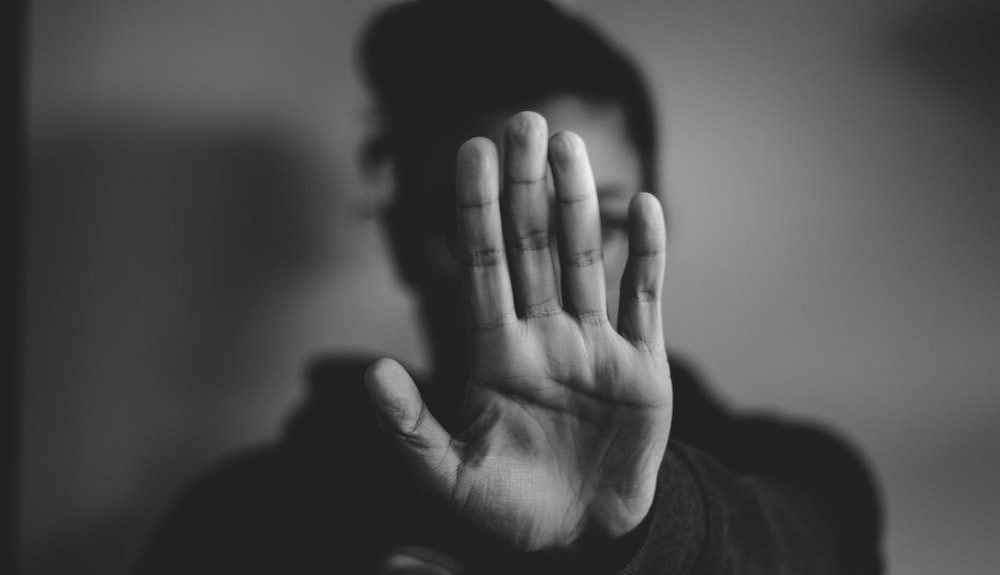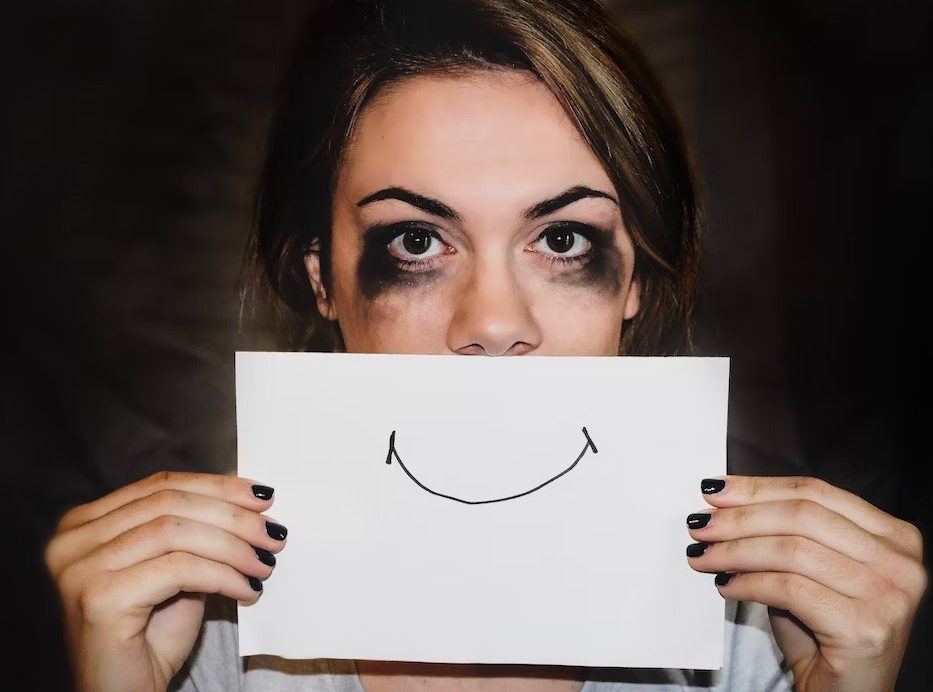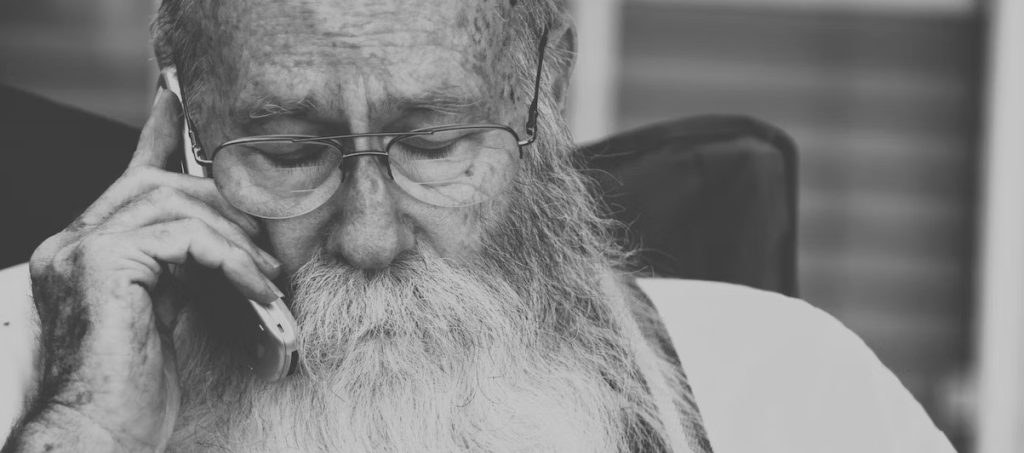

Why don't we seek help when we need it?
Čo znamená skratka GBV?
According to World Health Organisation one in three women worldwide will experience some form of sexual or other violence in her lifetime. During the Covid-19 pandemic, women (and not only women) were at increased risk of domestic violence and other forms of sexual or gender-based violence. Even though survivors of violence are increasingly trying to talk openly about the issue, stigma and a number of hidden barriers still prevent survivors from seeking help.
That's why we at the Department of Health are also looking at how behavioral science can help victims of these violent acts find help.
Finding (behavioural) solutions
During the COVID-19 pandemic, an international online working group was formed, bringing together behavioural experts from around the world. The main objective of this group, under the auspices of the United Nations, was to help combat the various negative impacts of the pandemic.
BEET, under the leadership of Martina Fehera, became part of this working group and led a group of experts focusing on the secondary impacts of the pandemic specifically in relation to the topic of sexual and gender-based violence (internationally known as Gender Based Violence - GBV). Beet has worked with the Behavioural Unit in South Africa and the Behavioural Analysis Unit in New South Wales, Australia on this topic. Together with these teams, we have been looking at possible solutions to improve this GBV situation globally.

Let's not judge victims of violence
There is many factorsthat further complicate the life situation of victims of violence:
- unclear rules on the prohibition of contact with the victim of violence,
- various misinformation and a general lack of information,
- fear,
- fears of loss of income and lack of protection for the victims in question.
Some of the consequences directly related to these factors include the role of the breadwinner (e.g. mother with children), feelings of helplessness, depression, fear of consequences, fear of the reactions of those around them when they find out about it, and many others. It is important to keep one thing in mind, each of us reacts differently in crisis situations. It is therefore extremely important not to judge the victim's behaviour, but to try to support them in their efforts to change.
“Akékoľvek obavy totiž môžu byť kľúčové v tom, aby obeť vyhľadala pomoc.”

Source: unsplash.com
What behavioural interventions are available?
Behavioural science helps us to understand and explain barriers in the behaviour of not only victims but also people who come into contact with the victim. People often behave differently when they are in the company of others and sometimes overlook violent behaviour. This phenomenon is called the witness effect bystander effect). However, often when help is offered to the victim - the victim refuses the help.
As part of a collaboration between Beet and behavioural units in South Africa and New South Wales, we have therefore looked at behavioural interventions that focus on three areas:
- system change,
- changing social norms and
- change the behaviour of the "witnesses".
Changing the system
Intervencie zamerané na zmenu systému prostredníctvom digitálnej aplikácie. Avow mobilná aplikácia zameraná na victims (which are motivated to change behaviour and seek help) but also to violent persons. This application includes interventions explaining court orders in simple terms, reminders for court hearings, implementation intentions and therapeutic tools, and has been introduced by the New South Wales Behavioural Unit into formal court proceedings. It has proved to be a very useful tool, having increased court attendance by 25% and help victims of violence understand their rights and options.
Changing social norms
Intervention aimed at simplification of social norms can be an effective way helping victims who are not motivated to seek help. In the context of violence against women, this may mean changing social norms about the acceptability of violence. which will help to overcome the stigma that can prevent victims of violence from seeking help.
This may include, for example, raising awareness of the negative consequences of violence, promoting gender equality and justice, or strengthening women's rights. Attacking a victim of rape, for example by saying that she herself was responsible, is wrongly blaming the victim for the situation she has been put in and unfairly justifying the violence committed against her.
Tento druh obviňovania sa nazýva “Victim blaming ” a môže mať ďalší negatívny vplyv na obeť.
In the case of rape, victim blaming can be expressed in different ways. This may include:
- her appearance (for example, that she was dressed provocatively),
- behaviour (for example, that she was too friendly),
- or her previous history (for example, that she has had sexual relations with other people in the past).
This kind of blaming can be very harmful to victims as it can cause feelings of shame, self-blame and fear of social condemnation. It can also discourage victims from seeking help as they may think they will be further stigmatised or not get the support they need.
It is important to remember that violence is always the responsibility of the perpetrator and never of the victim. No one deserves to be assaulted or abused, no matter what happened before the act of violence. In some countries, call centres were set up during the pandemic to allow discreet reporting of violence. Staff at these centres made random calls to people, who were then asked to answer a question about whether they had been targeted by violence. Responses were recorded by simply pressing numbers on a mobile phone keypad, ensuring anonymous reporting if the reporter was not alone at the time. This method allows for quick and discreet assistance to the victim of violence without compromising their safety.

Changing the behaviour of witnesses
Interventions targeting witnesses of violence can be an effective way to help victims of violence. It is important to encourage witnesses of violence to overcame their fear and inaction. Witnesses are important because they can provide information about the violence that is taking place and help prevent it from happening again.
However, many witnesses are often afraid to intervene because they fear reprisals (retaliation) from the perpetrator or feel unsure of what to do. Interventions aimed at educating them about what to do are therefore one of the most effective tactics to support the call to action.
This means that witnesses should be informed about what specifically they should do if they witness violence or if a victim approaches them for help. In addition, interventions should also be aimed at explaining the importance of the role of witnesses and their influencein helping the victims. This awareness can help witnesses to overcome their fear and indecision.

How else can behavioural science help?
Finally, it is important to remember that these interventions and measures in the area of sexual and gender-based violence are only one way to help victims. Ensuring access to professional help and support is essential for recovery from traumatic experiences. In our team, during the pandemic, we focused on finding effective tools to help in the area of sexual and gender-based violence. Linked from We are Secondary consequences of the COVID-19 pandemic with mental health issues young people. Follow the link below to find out more about the results of our study on this issue.
An interesting finding was that anonymity has a significant role in help-seeking for severe symptoms of depression and anxiety. In a future blog dedicated to this topic, we will introduce Help tool - Buddy System.
This system will help us to provide much more effective help in the area of sexual and gender-based violence, while also focusing on the topic of young people's mental health. We are planning to implement the Buddy system in the near future and, based on the results of the aforementioned study, we are convinced that it will be beneficial for young people who are unfortunately struggling with this problem.
LATEST POST


Sustainable healthcare starts with the citizen, not the patient

Why don't we seek help when we need it? And what does GBV stand for?

